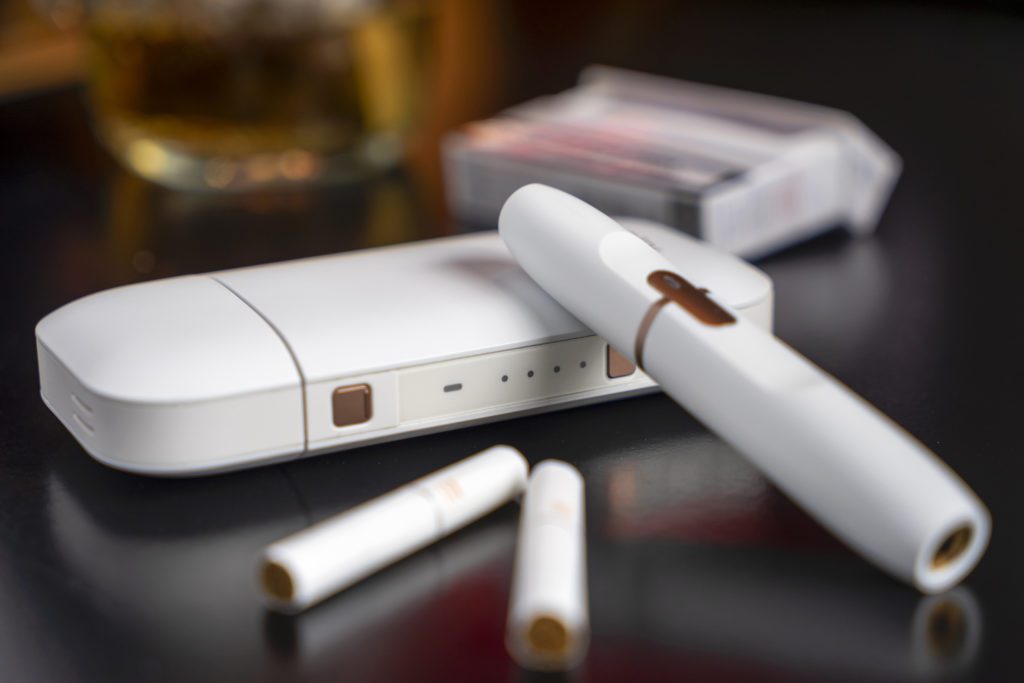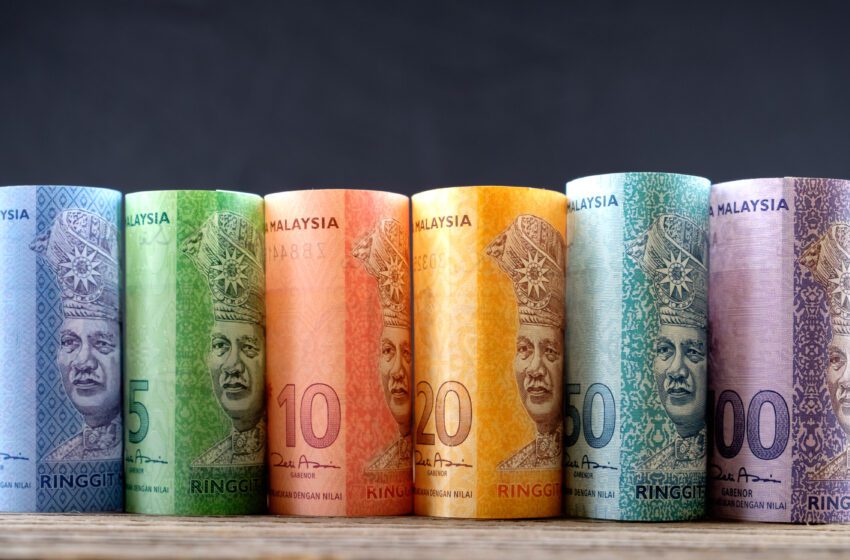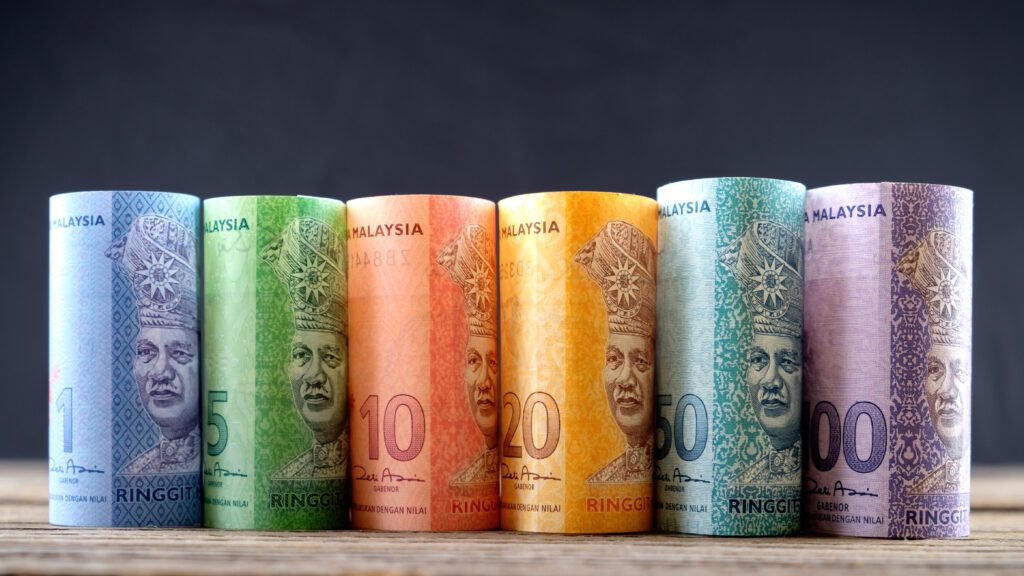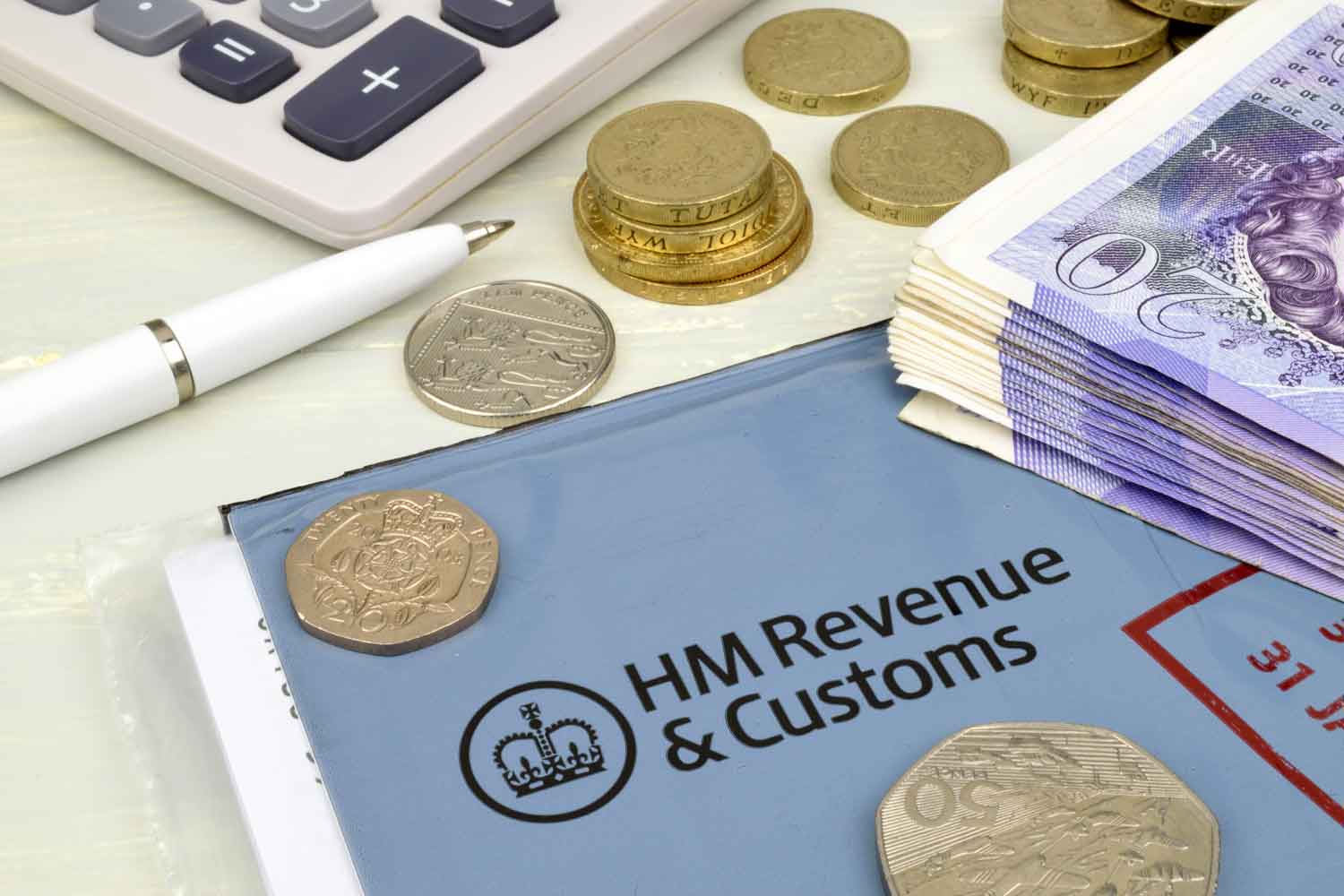
A plan to hike the tax on vapes in the U.K. risks undermining the country’s efforts to reduce smoking rates and would increase smoking-related death and disease, according to tobacco harm reduction advocates.
The U.K. chancellor is reportedly considering the tax increase in the state budget this month. But harm reduction specialists say any rise could drive people who smoke back to far more dangerous cigarettes.
“Vapes are proven to be 95 percent less harmful than combustible cigarettes and are helping millions of people who smoke worldwide transition to a safer option,” says Delon Human, leader of Smoke Free Sweden.
“Both Sweden and New Zealand have dramatically reduced their smoking rates in large part due to the availability and accessibility of alternative nicotine products like vapes. As a result, both countries are now on the verge of being declared smoke free and are reaping the subsequent public health dividend.
“Any policy that limits access to these alternatives—whether through taxation or other barriers—threatens to reverse such progress.”
Sweden is poised to be the first country to become smoke free as a result of its progressive policy approach, which includes lowering taxes on reduced-risk products while increasing taxes on more harmful cigarettes.
Compared to the rest of the European Union, Sweden has 44 percent fewer smoking-related deaths, a 41 percent lower cancer rate and 38 percent fewer deaths attributable to any cancer, notes Smoke Free Sweden
“At Smoke Free Sweden, we advocate for sensible regulations that protect adult access to safer alternatives while discouraging underage uptake,” Human said. “This includes restrictions on youth-oriented packaging and clear communication about the risks of nicotine.
“However, excessive taxation of harm reduction products is a step in the wrong direction. Rather than penalising vapers, governments should focus on creating an environment where adults have easy access to safer alternatives and are supported in their efforts to quit smoking.
“We urge the U.K. government to reconsider this proposed tax increase and to look towards evidence-based policies that have been successful in Sweden and other progressive nations. The world now has the tools to create a healthier, smoke-free future. We must not sacrifice those tools, which are already helping millions of people quit smoking for good.”

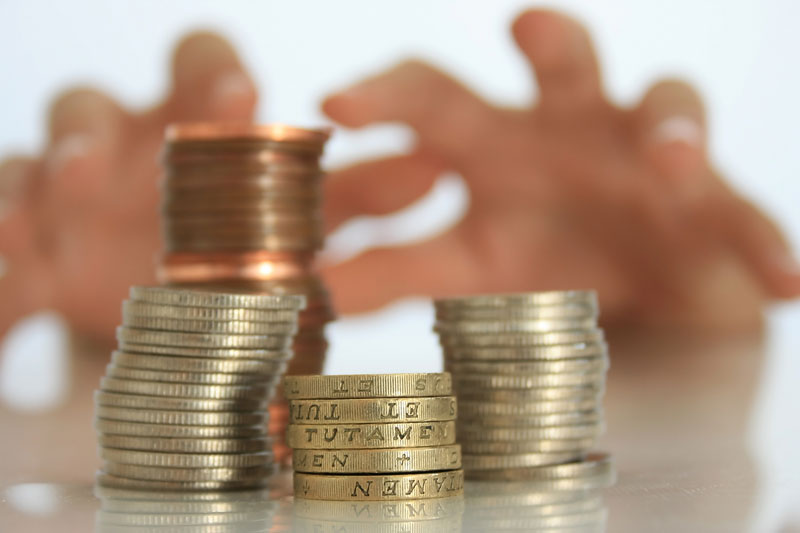
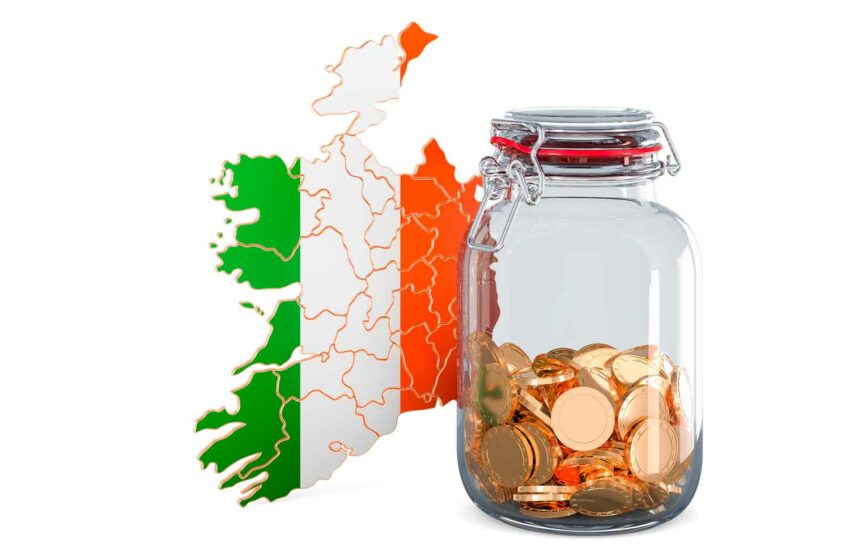

 Simon Clark, director of the Freedom Organization for the Right to Enjoy Smoking Tobacco (Forest), described the decision as “brutal” and said law-abiding smokers were being “discriminated” against.
Simon Clark, director of the Freedom Organization for the Right to Enjoy Smoking Tobacco (Forest), described the decision as “brutal” and said law-abiding smokers were being “discriminated” against.
